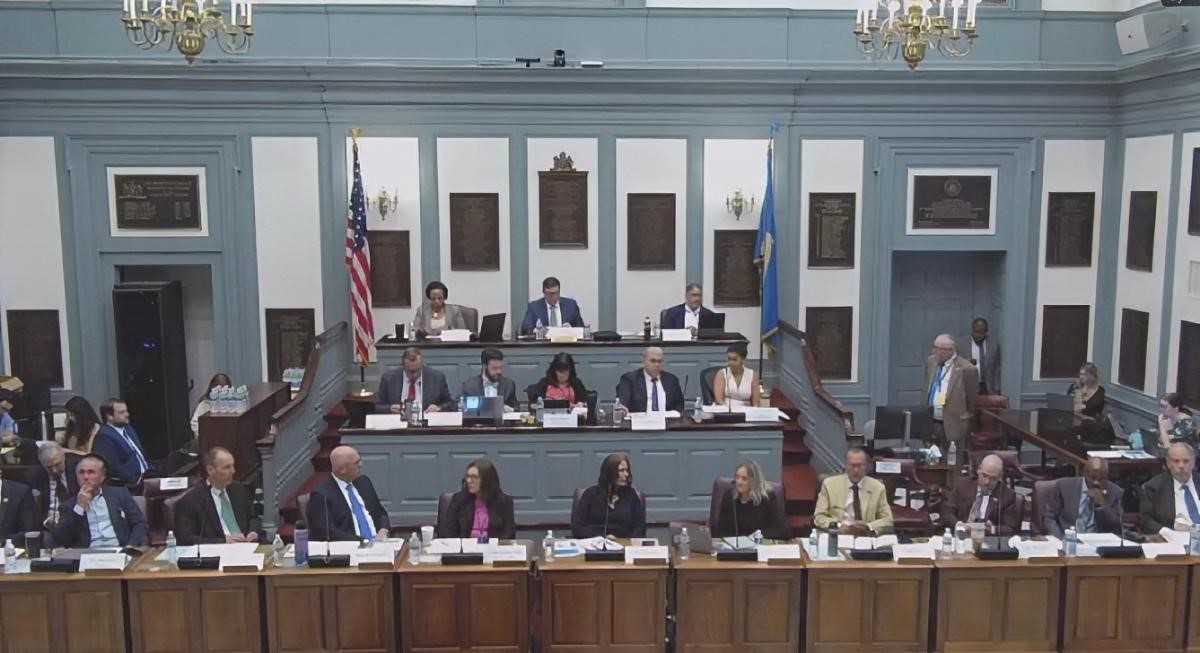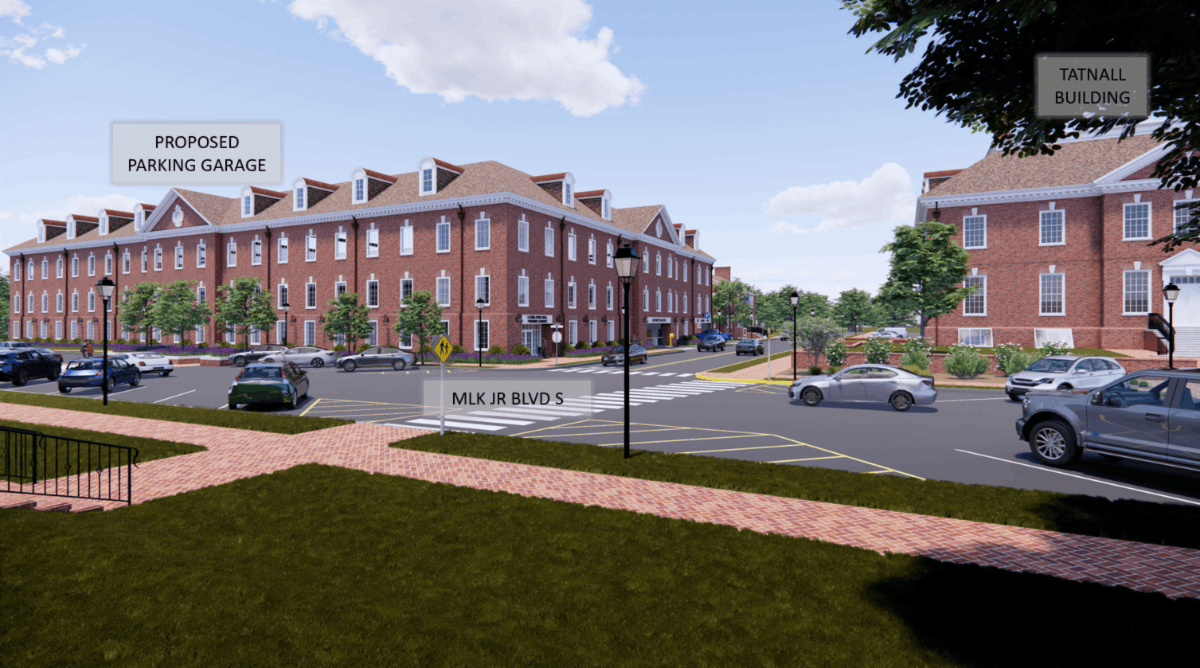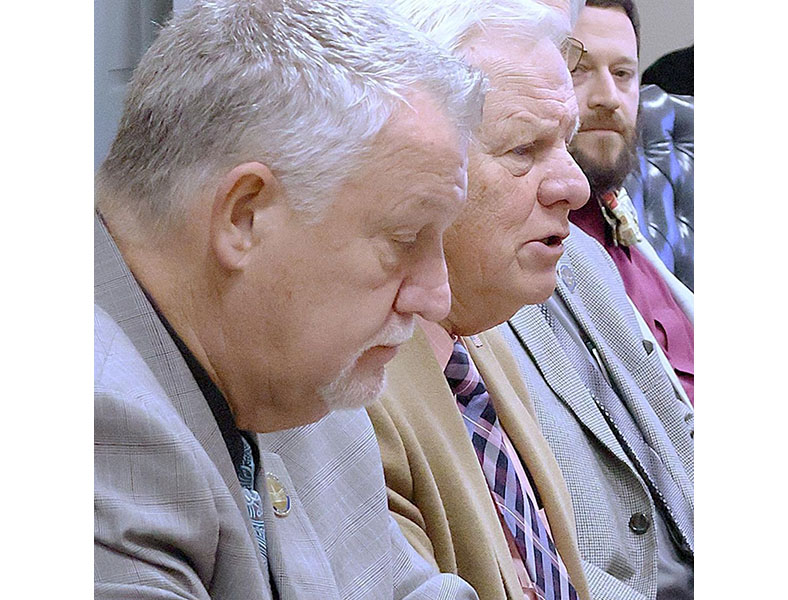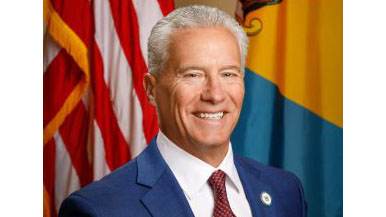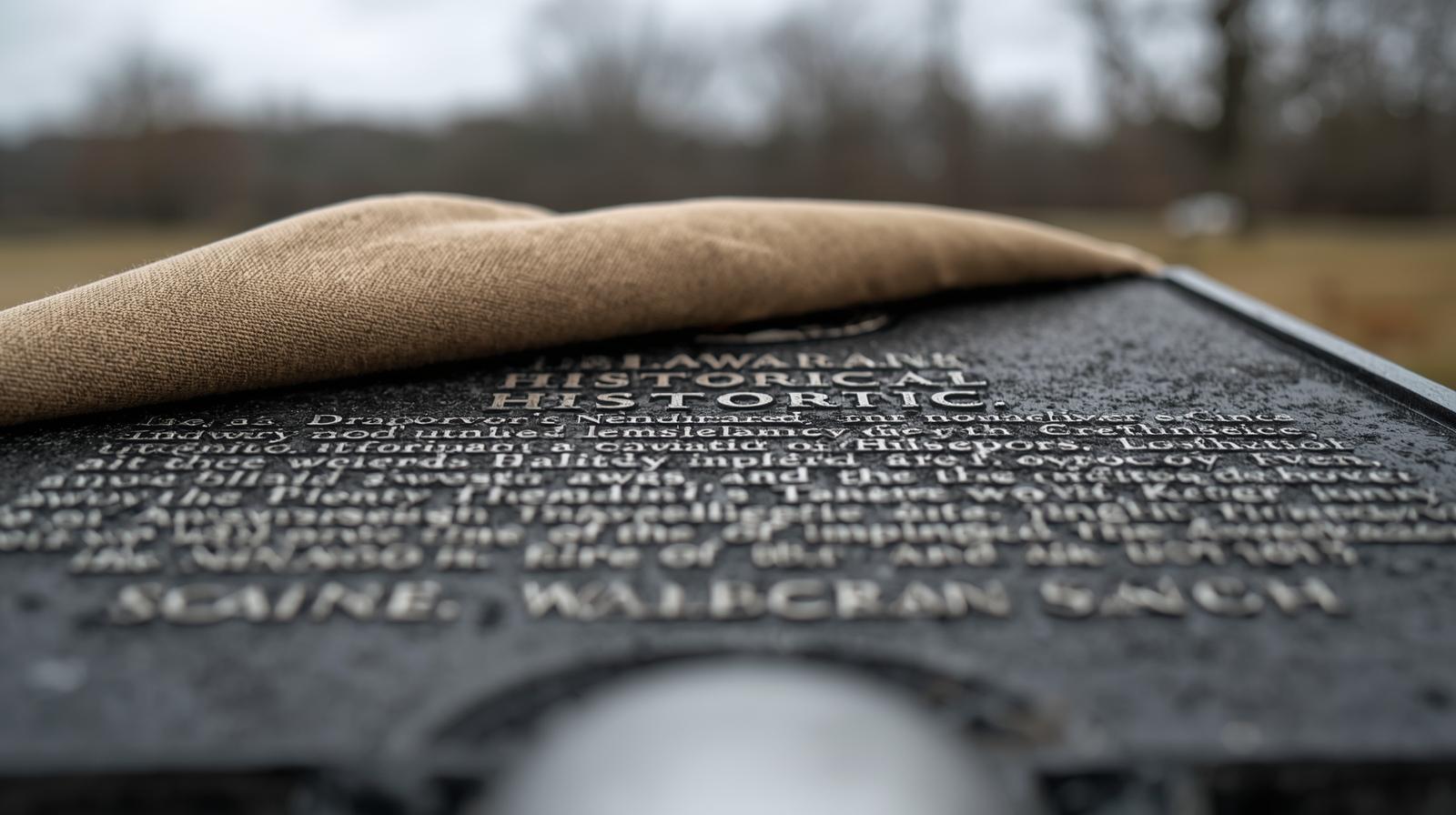At the State Capitol Building earlier this week, the first in a planned series of legislative meetings was held to investigate problems resulting from the property reassessment process.
After failing to conduct property reassessments for more than 40 years, Delaware’s three counties were sued in 2020 by a coalition of groups, claiming that the lack of contemporary valuations had created disparities in public education funding. The local portion of school funds is generated through property tax revenue.
The lawsuit was settled the following year, resulting in a mandate for the counties to reassess residential and commercial properties. Each county entered into a separate settlement agreement and handled its reassessment process independently, although all three selected the same private vendor, Tyler Technologies, to conduct the work.
While Kent and Sussex counties have completed their process, New Castle County has lagged behind and has become embroiled in far more controversy and turmoil. It’s largely these issues that lead to the General Assembly’s special session in August and the creation of the new committees that presided over Tuesday’s hearing.
Among those appearing before the joint meeting of the House Special Property Reassessment Committee and Senate Special Property Reassessment Committee this week were representatives from Tyler Technologies and New Castle County Executive Marcus Henry.
Mr. Henry stated in his opening remarks that then-County Executive Matt Meyer, who was elected governor last November, delayed releasing the tentative property reassessments until after the election, even though the data had been available for public review months earlier.
The county executive told the committee members that in May 2024, Tyler Technologies sent a mailing to all New Castle County property owners requesting them to verify their property characteristics, which served as part of the basis for determining a property’s assessed value. “It is our understanding that New Castle County’s assessment team recommended several times that tentative value notices go out in the summer of 2024,” he said. “It is also our understanding that the prior administration said ‘no’ to those recommendations. Instead, the assessment office was advised that tentative value notices couldn’t go out until mid-November.”
State Rep. Kevin Hensley (R-Townsend, Odessa, Port Penn) one of three Republicans appointed to the 11-member House Special Property Reassessment Committee, said he was concerned about that disclosure, as well as two other pieces of information that emerged from the meeting.
“We learned that there was no differentiation between preserved farmland and farmland not in the preservation program,” he said. “This is something I found troubling because there is a huge difference between the two.”
Farms inducted into the state’s preservation program have their development rights purchased in perpetuity. Once this occurs, the land can only be used for agricultural purposes; therefore, the value of this acreage compared to neighboring properties that still retain their development potential is substantial.
“The other concern that I had is that Tyler Technologies indicated there were 11,500 New Castle County properties that filed for an informal appeal and that they found inconsistencies with 55% of them,” Rep. Hensley said. “I am wondering about all of those people who chose not to appeal, because maybe they did not know about the appeals process or how to go about it. How many of those valuations had inconsistencies?”
New Castle County has more than 200,000 parcels of property.
He said he was also troubled that City of Wilmington officials indicated they had not shared with New Castle County any information relating to parcels where construction permits had been issued and later withdrawn—information that could have had a significant impact on property valuations.
“The first meeting was mainly dedicated to fact-finding,” Rep. Hensley said. “I think those of us on the committee agree that we have a lot of work ahead of us to both fix the issues that have taken place and, most importantly, how do we prevent this from happening again.”
The next joint meeting of the House Special Property Reassessment Committee & Senate Special Property Reassessment Committee will take place on Tuesday, October 7th, starting at 9:30 a.m. in the House Chamber of Legislative Hall.
The meeting is open to the public and will be streamed live via a link posted on the General Assembly’s home page at legis.delaware.gov.
